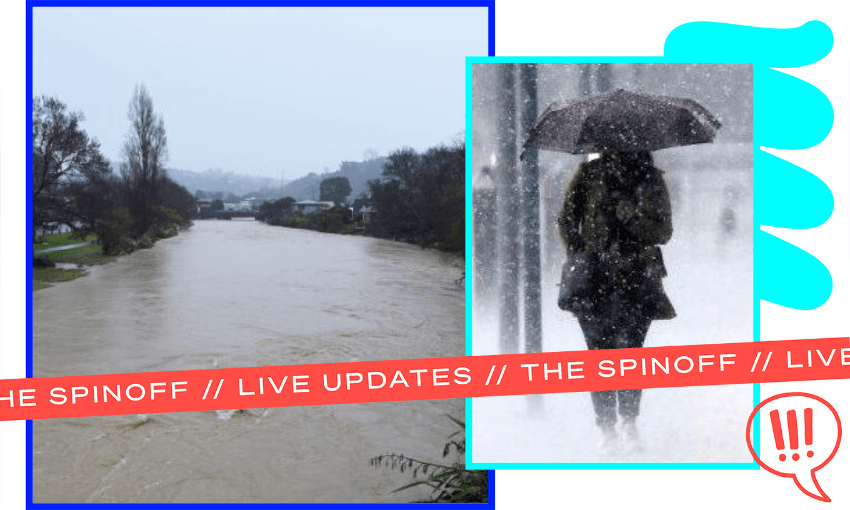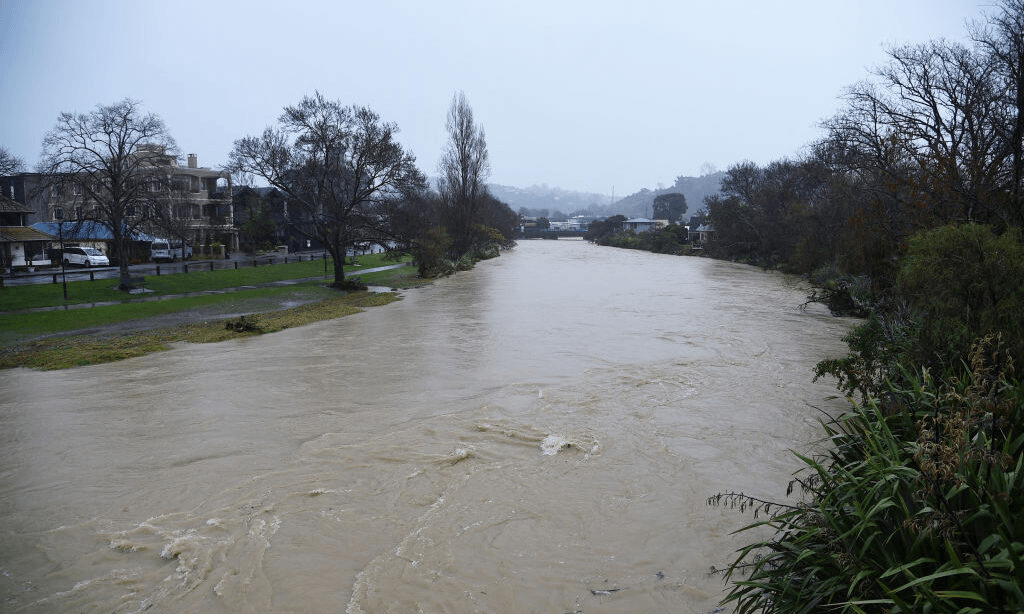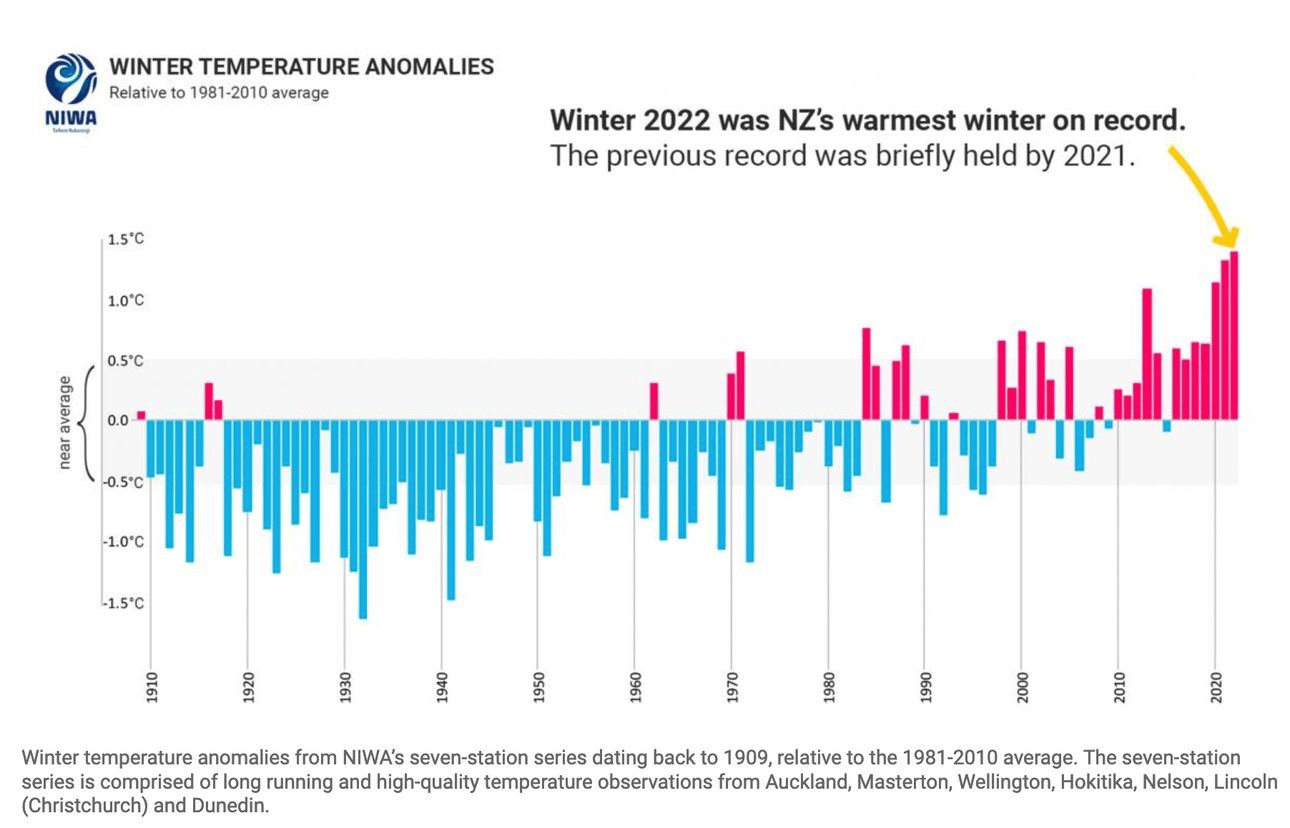It’s a slow news day, so I’m taking the opportunity of some downtime – and my colleague Stewart Sowman-Lund leaving me the keys to live updates – to recommend a podcast I’ve been engrossed by in recent weeks.
The eight-part Project Unabom traces the decades-long hunt for the US domestic terrorist known as the Unabomber (the name is derived from the FBI’s case identifier, standing for University and Airline Bomber), who killed three people and injured 23 others in a nationwide bombing campaign between 1978 and 1995.
Project Unabom is an Apple Original podcast, and it comes with all the high production values that label suggests. Host Eric Benson, a journalist, meticulously traces dual storylines: that of Ted Kaczynski and his descent into violence, fuelled by his intense anti-technology beliefs; and the story of how law enforcement repeatedly blew chances to apprehend him, before a lucky break finally led them to Kaczynski’s wood cabin in remotest Montana.
The surprising thing about Project Unabom is how moving it often is. That’s due to the participation and insight of Ted’s younger brother David Kaczynski, who grew up idolising Ted and continued to try to keep a connection with him as Ted grew increasingly unhinged and reclusive. Famously, David was the one who ultimately turned Ted in, and the ramifications of that decision have continued to weigh heavily on David through the years.
The story of Ted, David and their long-suffering parents is uniquely tragic, but it’s one that will likely resonate with listeners who have a family member struggling with mental illness or self-destructive tendencies. It’s also just a really gripping true crime story.
Listen to Project Unabom here or wherever you get your podcasts. Also recommended: Why Right-Wing Extremists Love the Unabomber, a fascinating essay on the Lawfare blog.



